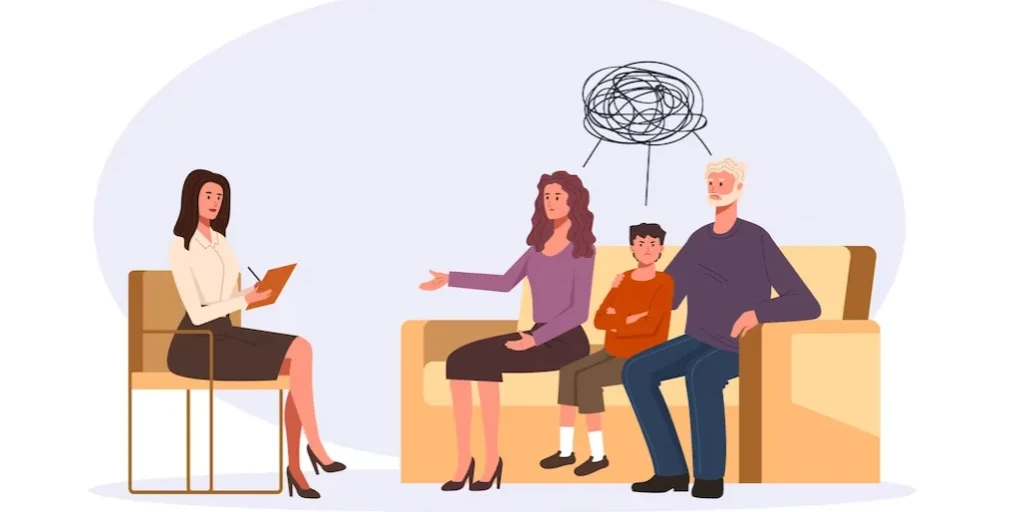24/7 Helpline:
(866) 899-221924/7 Helpline:
(866) 899-2219
Learn more about Dual Diagnosis Rehab centers in Edenton
Dual Diagnosis Rehab in Other Cities

Other Insurance Options

Excellus

Anthem

Kaiser Permanente

UMR

Providence

Amerigroup

Oxford

Access to Recovery (ATR) Voucher

Ceridian

PHCS Network

Premera

ComPsych
Beacon

Covered California

Medical Mutual of Ohio

Meritain

Regence

Optima

BlueShield

Cigna

Albemarle Mental Health – Outpatient Facilities – Edenton
Albemarle Mental Health – Outpatient Facilities – Edenton is a private rehab located in Edenton, Nor...

Albemarle Mental Health Center – Edenton
Albemarle Mental Health Center – Edenton is a private rehab located in Edenton, North Carolina. Albe...



























